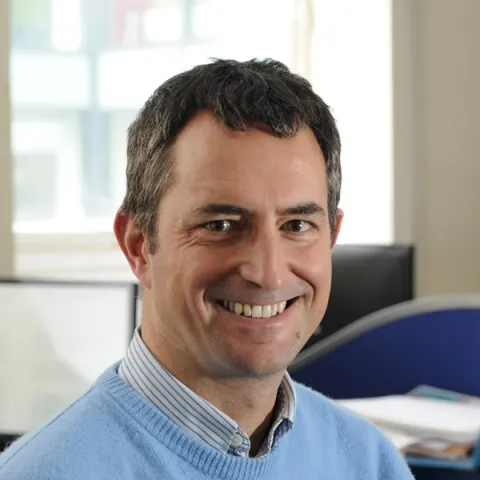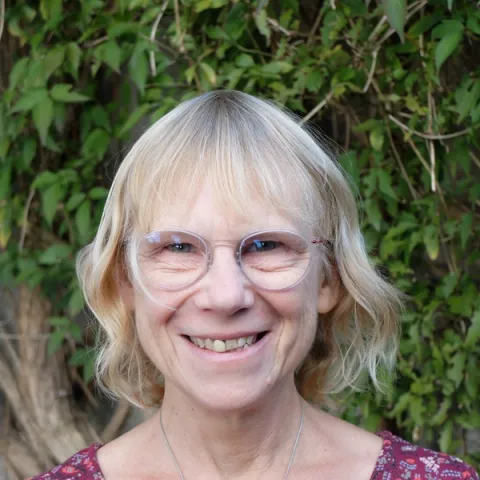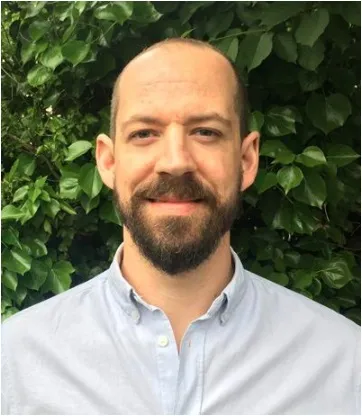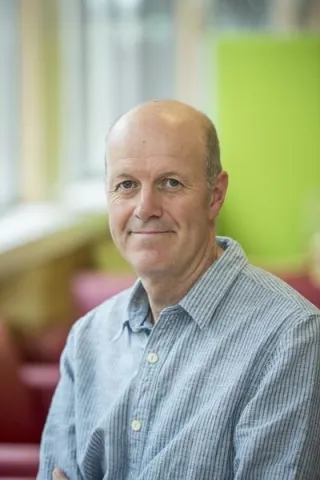Project overview
This is a survey about what people have done to try and prevent and treat Covid-19 since the start of the pandemic.
Why are we doing the survey?
Covid-19 is new, so we need to learn from everyone’s experiences. There are so many things we need to understand, for example:
Why do some people develop serious illness while others don’t?
Which preventive measures work - and which don’t?
Which treatments work - and which don’t?
What does it involve?
We are collecting the experiences of thousands of people from many countries across the globe which have been affected by Covid-19. Anyone can take part in the survey, whether or not they became ill with Covid-19. The questions take 10-20 minutes to complete. We are also asking participants to provide us with their email address so that we can ask them a few more questions about new or ongoing symptoms three months later. Although this is optional, understanding how peoples’ symptoms change over time is a very powerful way of understanding the illness better. Providing an email address will also allow us to enter participants into a cash prize draw and send them a summary of the results when they are available.
What is the likely impact of this study?
This study will help us to answer several questions about Covid-19, including:
What did people do to avoid Covid-19? How did this affect their risk of becoming ill?
What treatments did people use when they were ill? Did this affect how ill they became?
How many people have developed long-lasting symptoms following Covid-19? Which symptoms are most common? Can we predict who will experience longer-term symptoms?
How do behaviours and treatments differ between different countries? What are the potential implications of this?
The results of the study will be published in scientific publications, sent to participants who provide their email address, published online, and sent to key stakeholders.
University of Southampton Investigators:
Dr Merlin Willcox, School of Primary Care, Population Sciences and Medical Education
Prof Nick Francis, School of Primary Care, Population Sciences and Medical Education
Ms Jennifer Bostock (PPI member)
Assoc Prof Adam Geraghty, School of Primary Care, Population Sciences and Medical Education
Dr Xiao-Yang Hu, School of Primary Care, Population Sciences and Medical Education
Dr Mark Lown, School of Primary Care, Population Sciences and Medical Education
Prof Paul Little, School of Primary Care, Population Sciences and Medical Education
Prof Michael Moore, School of Primary Care, Population Sciences and Medical Education
Assoc Prof Beth Stuart, School of Primary Care, Population Sciences and Medical Education
Dr Taeko Becque, School of Primary Care, Population Sciences and Medical Education
Prof Lucy Yardley, Department of Psychology
Dr Richard Clarke, Research Fellow
China
Prof Jianping Liu, Beijing University of Chinese Medicine
Ms Chunli Lu, Beijing University of Chinese Medicine
Italy
Dr Cristina Mollica
Japan
Dr Jufeng Xia, Tokyo University
South Korea
Prof Myeong Soo Lee, Korea Institute of Oriental Medicine
Ms Lin Ang, Korea Institute of Oriental Medicine
Prof Tae Hun Kim, Kyunghee University
Prof Hyang Sook Lee, Kyunghee University
Why are we doing the survey?
Covid-19 is new, so we need to learn from everyone’s experiences. There are so many things we need to understand, for example:
Why do some people develop serious illness while others don’t?
Which preventive measures work - and which don’t?
Which treatments work - and which don’t?
What does it involve?
We are collecting the experiences of thousands of people from many countries across the globe which have been affected by Covid-19. Anyone can take part in the survey, whether or not they became ill with Covid-19. The questions take 10-20 minutes to complete. We are also asking participants to provide us with their email address so that we can ask them a few more questions about new or ongoing symptoms three months later. Although this is optional, understanding how peoples’ symptoms change over time is a very powerful way of understanding the illness better. Providing an email address will also allow us to enter participants into a cash prize draw and send them a summary of the results when they are available.
What is the likely impact of this study?
This study will help us to answer several questions about Covid-19, including:
What did people do to avoid Covid-19? How did this affect their risk of becoming ill?
What treatments did people use when they were ill? Did this affect how ill they became?
How many people have developed long-lasting symptoms following Covid-19? Which symptoms are most common? Can we predict who will experience longer-term symptoms?
How do behaviours and treatments differ between different countries? What are the potential implications of this?
The results of the study will be published in scientific publications, sent to participants who provide their email address, published online, and sent to key stakeholders.
University of Southampton Investigators:
Dr Merlin Willcox, School of Primary Care, Population Sciences and Medical Education
Prof Nick Francis, School of Primary Care, Population Sciences and Medical Education
Ms Jennifer Bostock (PPI member)
Assoc Prof Adam Geraghty, School of Primary Care, Population Sciences and Medical Education
Dr Xiao-Yang Hu, School of Primary Care, Population Sciences and Medical Education
Dr Mark Lown, School of Primary Care, Population Sciences and Medical Education
Prof Paul Little, School of Primary Care, Population Sciences and Medical Education
Prof Michael Moore, School of Primary Care, Population Sciences and Medical Education
Assoc Prof Beth Stuart, School of Primary Care, Population Sciences and Medical Education
Dr Taeko Becque, School of Primary Care, Population Sciences and Medical Education
Prof Lucy Yardley, Department of Psychology
Dr Richard Clarke, Research Fellow
China
Prof Jianping Liu, Beijing University of Chinese Medicine
Ms Chunli Lu, Beijing University of Chinese Medicine
Italy
Dr Cristina Mollica
Japan
Dr Jufeng Xia, Tokyo University
South Korea
Prof Myeong Soo Lee, Korea Institute of Oriental Medicine
Ms Lin Ang, Korea Institute of Oriental Medicine
Prof Tae Hun Kim, Kyunghee University
Prof Hyang Sook Lee, Kyunghee University
Staff
Lead researchers
Other researchers
Collaborating research institutes, centres and groups
Research outputs
Nick A. Francis, Taeko Becque, Merlin Willcox, Alastair D. Hay, Mark Lown, Richard Clarke, Beth Stuart, Lucy Yardley, Joëlle Houriet, Michael Moore & Paul Little,
2023, BMC Public Health, 23(1)
Type: article



